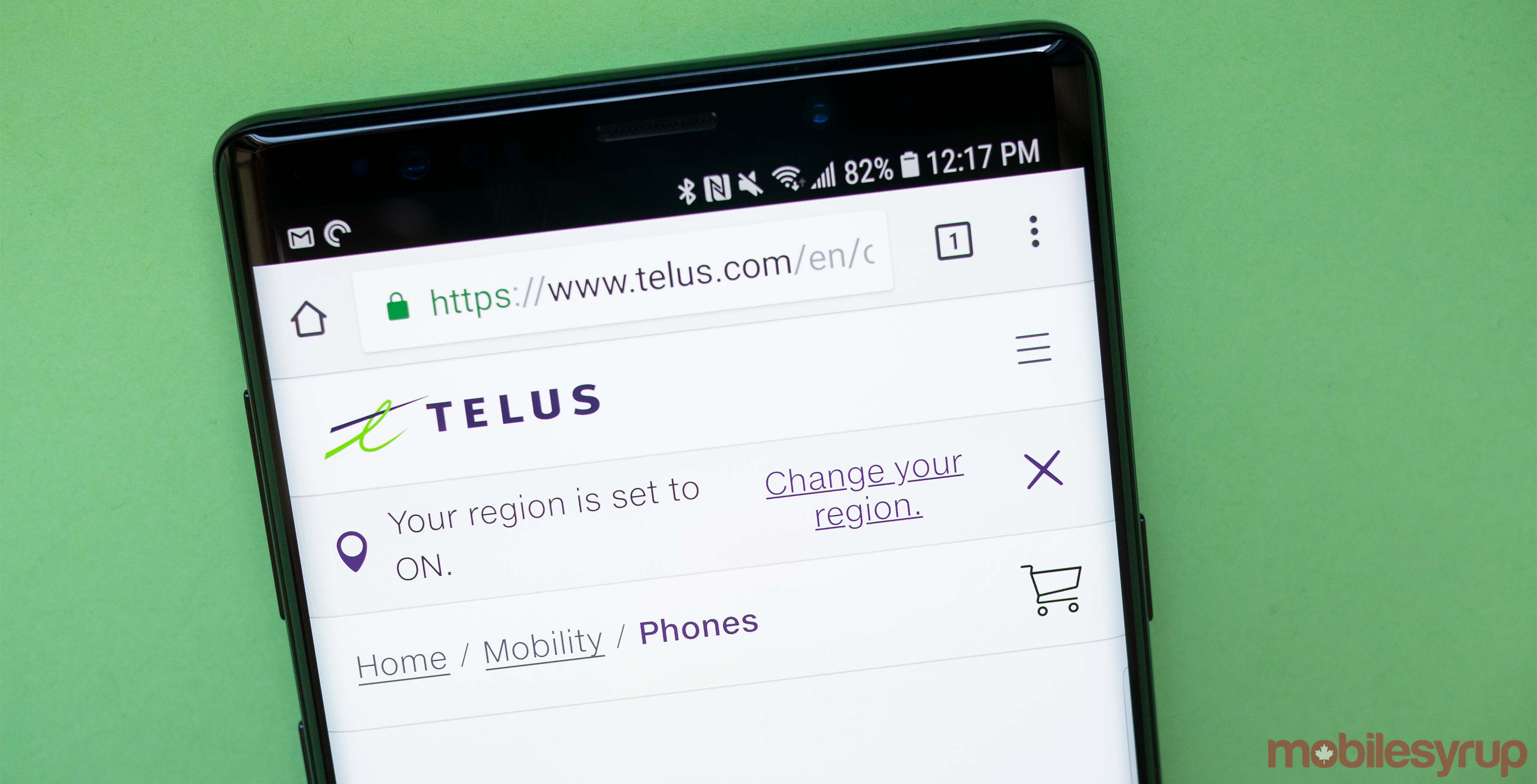
National carrier Telus and burgeoning telecom power player Iristel are currently embroiled in a legal battle over telecom services in Canada’s northern territories.
Telus — Canada’s third-largest telecom service provider — launched the opening volley on August 3rd, 2018, when the carrier issued a formal petition to the Canadian Radio-television and Telecommunications Commission (CRTC) to investigate “Traffic stimulation involving the telephone numbers of Iristel Inc… in Northwestel’s incumbent territory…regarding an unjust and unreasonable long distance call termination rate in Iristel’s tariff.”
In telecom speak, traffic stimulation refers to the practice by which carriers inflates the total number of calls — or the total number of minutes of calls — beyond what the CRTC calls an “anticipated threshold.”
In other words, carriers can be said to be engaging in traffic stimulation when the actual volume of calls exceeds the expected volume of calls.
According to Telus’s August 3rd filing, the carrier said that an internal investigation revealed that “frequently-called numbers or numbers with unusually long hold times revealed that many numbers connect to conference bridges and listen-only services.”
While Telus withheld certain phone numbers in its filing, the carrier did reveal that certain phone numbers connected to conference calling services, as well as services like Lyft, which currently only operates in Ontario and listen-only audio programs, like Punjabi Radio USA.
Telus also hopes that the CRTC will direct Iristel to establish a new rate for long-distance calls to customers in the north, as well as make it possible to retroactively pay any potential new rate.
“At this point we will not be commenting publicly beyond what you can find in our official submission,” said a Telus spokesperson, in an email to MobileSyrup.
Iristel, Rogers, traffic stimulation and long-distance calls
Telus’ accusations of traffic stimulation hinge on a December 2017 CRTC decision regarding Canada’s largest carrier Rogers and Iristel.
Rogers first accused Iristel of “using traffic stimulation to generate excessive toll termination traffic” in November 2016.
According to Rogers, Iristel’s practice of reassigning some 867 area code telephone numbers for use by AudioNow — a call-to-listen audio streaming service — not only placed extra costs on Rogers and Rogers customers, but the number reassignment was in violation of the Telecommunications Act.
In its December 2017 decision, the Commission found that Iristel had given an “undue preference to themselves and to several other entities” by establishing a revenue-sharing agreement with Free Conference Call Global (FCCG), Yakfree and AudioNow.
Iristel ultimately complied with the Commission’s demand that the carrier terminate an agreement that reassigns 867 numbers used by FCCG and AudioNow and “not re-enter into provisions of such an agreement with FCCG or any of its affiliates.”
Using the December 2017 decision, Telus now alleges that Iristel has engaged in a similar traffic stimulation practice.
Iristel responds in kind
Iristel responded to Telus’s claims by filing a petition to the CRTC to provide the smaller carrier with “expedited interim relief and final relief to address illegal and deliberate conduct by Telus Communications Inc…that is causing calls from Telus end users to certain Iristel and Ice Wireless end users to fail.”
According to an August 7th, 2018 Iristel letter submitted to the CRTC, Iristel came to learn that calls from Telus’s network made to Iristel numbers are being redirected to automated records and “not being connected.”
“After extensive testing, it was determined that this condition is unique to Telus’ network and does not occur with calls that originate from other Canadian or foreign carriers, unless roaming on Telus’ wireless network,” reads an excerpt from Iristel’s August 7th letter.
“Iristel’s records indicate that this situation has been continuous since about May 29, 2018.”
Iristel also claims that Telus admitted that this failure to complete calls is intentional, though Iristel submitted its evidence confidentially.
In a phone interview with MobileSyrup, Iristel CEO Samer Bishay said that Iristel has done nothing wrong, adding that Telus is deceitfully advertising a long-distance service that it can’t adequately provide to customers.
“We actually didn’t do anything, that’s the thing,” said Bishay.
“They’re deceitfully selling unlimited long-distance in Canada, they’re not performing…they’re breaking the Telecommunications Act by throttling calls.”
Intervenors have until September 6th, 2018 to submit comments regarding Telus’s claims against Iristel, while the CRTC will collect interventions regarding Iristel’s claims against Telus until September 10th, 2018.
Update 15/08/2018: Below is a quote from Telus senior vice president of government and regulatory affairs Johanne Senecal:
“In our application to the CRTC, we demonstrate that Iristel is involved in “traffic stimulation”, which involves artificially increasing the amount of traffic destined to high-cost serving areas in order to generate revenue from other carriers. We have filed significant evidence in support of our application, and Iristel has a history of engaging in traffic stimulation – in December of last year the CRTC found that Iristel was engaged in illegal traffic stimulation and ordered them to stop. Iristel has resumed this practice and TELUS’ application asks the CRTC to, once again, order them to stop. Iristel’s allegations that TELUS is blocking traffic to Iristel numbers is untrue.”
MobileSyrup may earn a commission from purchases made via our links, which helps fund the journalism we provide free on our website. These links do not influence our editorial content. Support us here.


